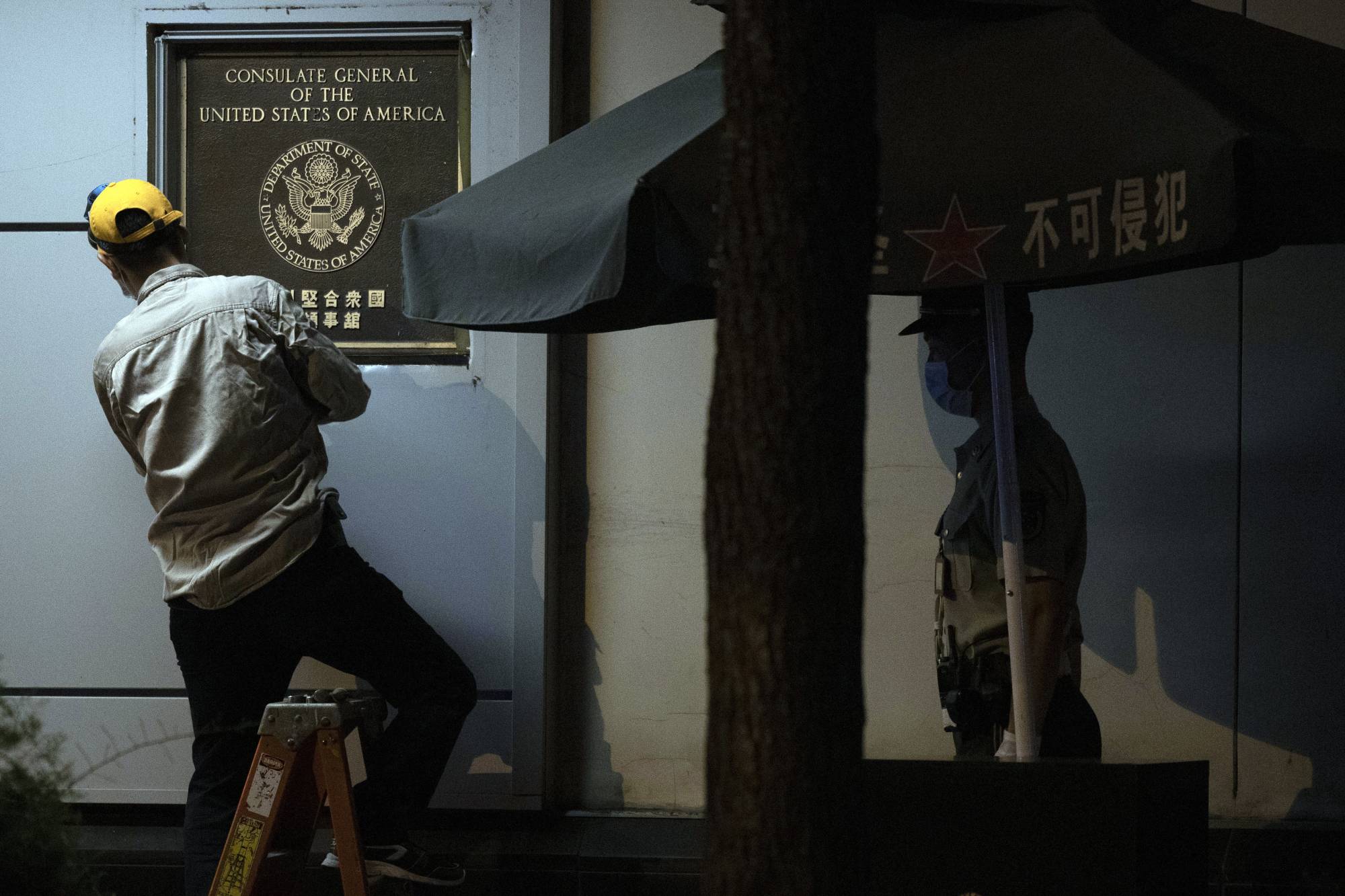U.S. Secretary of State Mike Pompeo last week delivered a scorched-earth assessment of just how bad things have gotten between the United States and China. He cited huge disagreements over theft of intellectual property, Chinese claims to the entire South China Sea, competition in 5G networking, antagonistic forays in cyberspace, trade and tariff violations, the crackdown in Hong Kong, pressure on Taiwan — the list of disputes seems endless.
Now each side has closed an important consulate in the other’s territory, ships and aircraft from both nations are maneuvering dangerously in the western Pacific, and even the phase-one trade deal — touted as a significant achievement just a few months ago — appears to be at risk. U.S. President Donald Trump’s administration has clearly decided China will be a pinata from now until the November election.
My own views on China have been shaped over decades of at-sea service in the Pacific that included many official visits, business trips and conferences since leaving the Navy, and close study of the nation as dean of the Fletcher School of Law and Diplomacy at Tufts. Several years ago, we awarded Fletcher’s Alumni of the Year Award to Liu Xiaoming, now the Chinese ambassador to the United Kingdom. He and I were classmates at Fletcher, earning our degrees in 1983. Over the past decade, he has at times been laudatory about the U.S. and pushed for closer ties, although recent events have moved him, too, toward more hard-line positions.

















With your current subscription plan you can comment on stories. However, before writing your first comment, please create a display name in the Profile section of your subscriber account page.